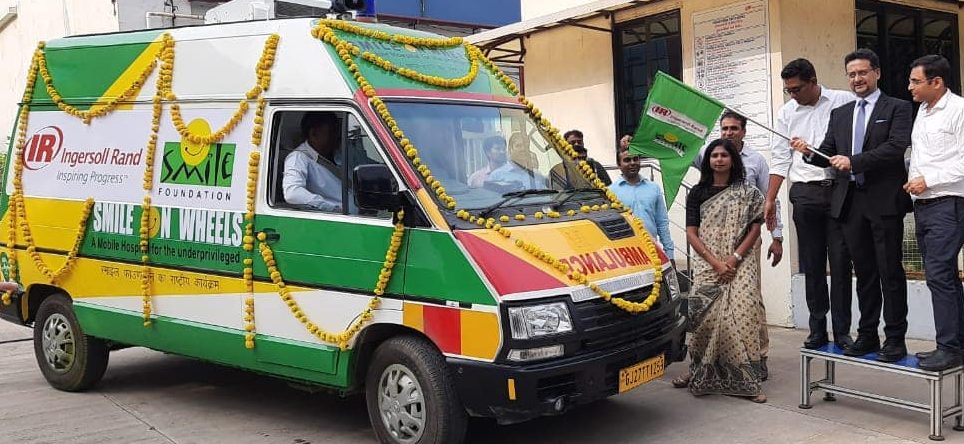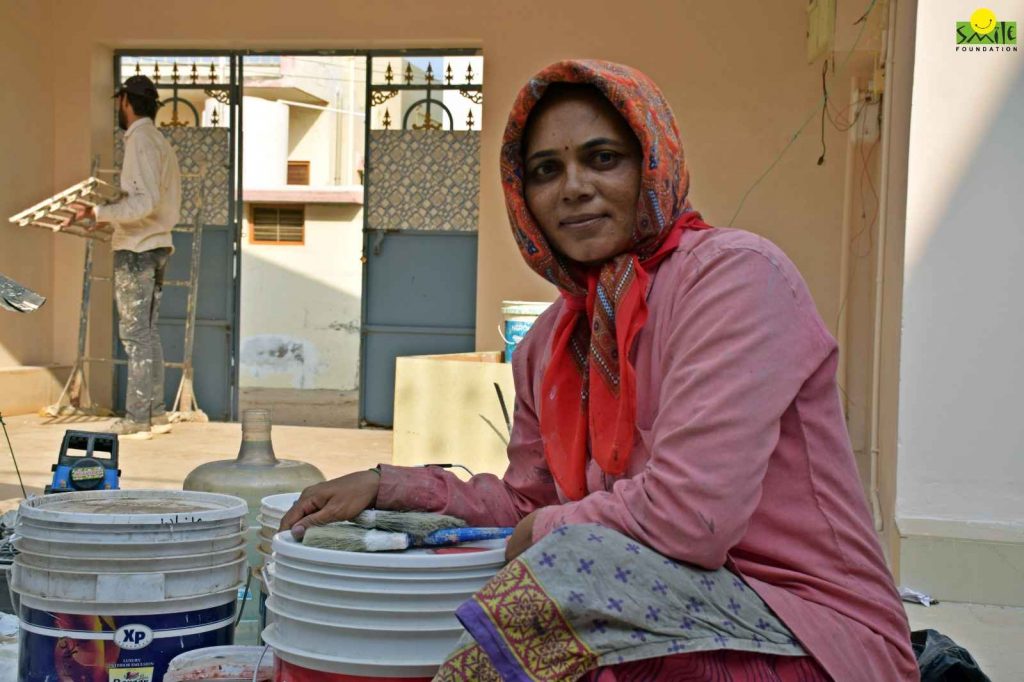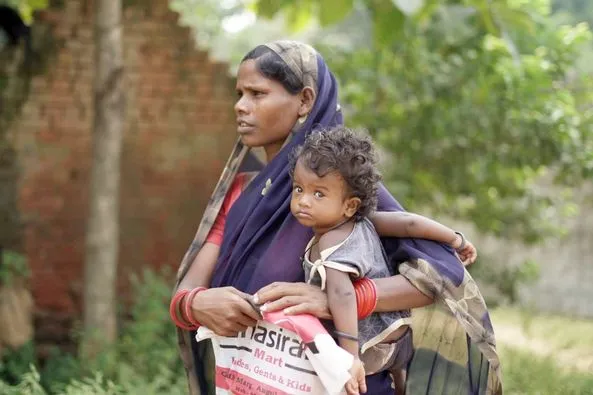In recent years, India has witnessed a surge in successful CSR partnerships in India between businesses and nonprofits. These collaborations are creating real impacts at micro, macro and environmental levels, contributing to sustainable development and social well-being. From community upliftment to environmental conservation, the synergy between businesses and nonprofits is proving to be a game-changer for India.
Micro-Level Impacts: Empowering Communities through CSR Partnerships in India
At the micro level, business-nonprofit CSR partnerships in India are driving tangible improvements in local communities. These partnerships often focus on areas such as education, healthcare and livelihood generation, directly benefiting individuals and families.
1. Education and Skill Development
Smile Foundation and CNH Capital have partnered to enhance educational access for marginalized children in Gurugram, Haryana. This collaboration focuses on improving foundational literacy and numeracy for primary school students by setting up a Foundational Literacy and Numeracy (FLN) lab and supplying essential teaching materials and textbooks.

The key activities of this initiative include conducting baseline and end-line assessments to track learning progress, providing capacity-building programs for teachers and offering infrastructure support to create a conducive learning environment. Additionally, community engagement and employee volunteer activities will involve stakeholders in the educational process, ensuring a holistic approach.
The expected outcomes of this initiative are significant- improved learning outcomes, better hygiene practices and strengthened teacher skills. These efforts promise a brighter and more promising future for the underserved children of Gurugram.
2. Healthcare Initiatives
Healthcare is another critical area where business-nonprofit collaborations are making a difference. The partnership between Novartis and Smile Foundation aims to facilitate healthcare services for economically disadvantaged people in Naroda and neighbouring areas in Ahmedabad. Ingersoll Rand is supporting the ‘Smile on Wheels’ initiative that targets mobile healthcare vans to deliver professional healthcare services at the doorsteps of 4 lakh urban slum dwellers in identified communities.

As part of the project, Ingersoll Rand will support fully-equipped medical vans to deliver healthcare facilities such as regular health check-ups, basic pathological tests and doctor consultation. As part of the mandate, the doctors and paramedics will also hold awareness sessions among the local population to sensitise them on health and hygiene issues. These vans will cater to 12000-15000 patients annually.
3. Livelihood and Economic Development
Many business-nonprofit partnerships focus on creating sustainable livelihoods. The collaboration between Berger Paints India Limited and Smile Foundation to implement the ‘iTrain on Wheels‘ programme- an upskilling initiative aimed at honing the skills of young painters by training them in contemporary painting techniques while upskilling existing painters to enhance their employability opportunities is one of a kind.

The programme aims to develop a pool of skilled workforce in addition to developing entrepreneurial skills in painters. The training, conducted through the Smile Twin e-learning Programme (STeP), will ensure that painters can improve their existing skills through upskilling modules. In addition to facilitating training, Smile Foundation will monitor and evaluate the program and its impact assessment.
Since 2021, the initiative has trained painters across the country through mobile iTrain vans in 24 states over 100+ remote sites.
Macro-Level Impacts: Strengthening Socio-Economic Structures
At the macro level, these partnerships are contributing to broader socio-economic development and strengthening institutional frameworks.
1. Economic Growth and Job Creation
Business-nonprofit partnerships stimulate economic growth by creating jobs and supporting small and medium enterprises (SMEs). The collaboration between Tata Trusts and the Government of India’s Skill India initiative aims to train and employ millions of young Indians. By leveraging Tata’s industrial expertise and the government’s infrastructure, this partnership has significantly contributed to reducing unemployment and fostering economic growth.
2. Policy Advocacy and Systemic Change
These collaborations also play a crucial role in policy advocacy and driving systemic change. Nonprofits often have deep insights into community needs and challenges, while businesses have the resources and influence to advocate for policy reforms. The partnership between the Confederation of Indian Industry (CII) and Save the Children India exemplifies this. Together, they have lobbied for child rights and influenced policies on child labor and education, resulting in more child-friendly legislation and programs.
3. Corporate Social Responsibility (CSR) Integration
The integration of Corporate Social Responsibility (CSR) into business strategies has gained momentum due to these partnerships. The Indian Companies Act 2013 mandates that companies with a certain turnover allocate 2% of their net profits to CSR activities. This legislation has led to increased collaboration between businesses and nonprofits to implement impactful CSR projects. Small, medium and big corporated have partnered with multiple nonprofits to execute projects in health, education and rural development, demonstrating how CSR can drive large-scale socio-economic change.
Environmental Impacts: Promoting Sustainability through CSR Partnerships in India
The environmental benefits of business-nonprofit partnerships are significant, addressing critical issues such as climate change, deforestation,and waste management.
1. Conservation and Biodiversity
Partnerships focused on environmental conservation are crucial for preserving India’s rich biodiversity. The collaboration between WWF India and a prominent bank aims to protect critical ecosystems and endangered species. The bank funds conservation projects, while WWF India executes field activities and community engagement programs. This partnership has led to the restoration of habitats, protection of wildlife and increased awareness about biodiversity conservation.
2. Sustainable Agriculture and Water Management
Businesses and nonprofits are also working together to promote sustainable agriculture and water management. The partnership between a multi-national food and beverage corporate and WaterAid focuses on improving water access and agricultural practices in water-scarce regions. By promoting drip irrigation, rainwater harvesting and sustainable farming techniques, this collaboration has enhanced water efficiency, boosted crop yields and improved the livelihoods of farmers.
3. Waste Management and Recycling
Effective waste management is another area where business-nonprofit partnerships are making strides. The collaboration between a final good company and Waste Warriors focuses on managing urban waste and promoting recycling. The company provides funding and logistical support, while Waste Warriors conducts on-ground waste collection and recycling activities. This partnership has significantly reduced urban waste, promoted recycling and created awareness about sustainable waste management practices.
Smile is hoping for more CSR Partnerships in India
The success of business-nonprofit partnerships in India highlights the power of collaboration in driving sustainable development and social well-being. At the micro level, these partnerships empower communities through education, healthcare and livelihood initiatives. At the macro level, they contribute to economic growth, policy advocacy and CSR integration. Environmentally, they promote conservation, sustainable agriculture and effective waste management.
As India continues to deal with complex socio-economic and environmental challenges, the synergy between businesses and nonprofits will play an increasingly vital role. These CSR partnerships in India not only address immediate community needs but also contribute to long-term sustainable development goals. By leveraging their unique strengths and resources, businesses and nonprofits can create a more equitable, prosperous and sustainable future for India.









